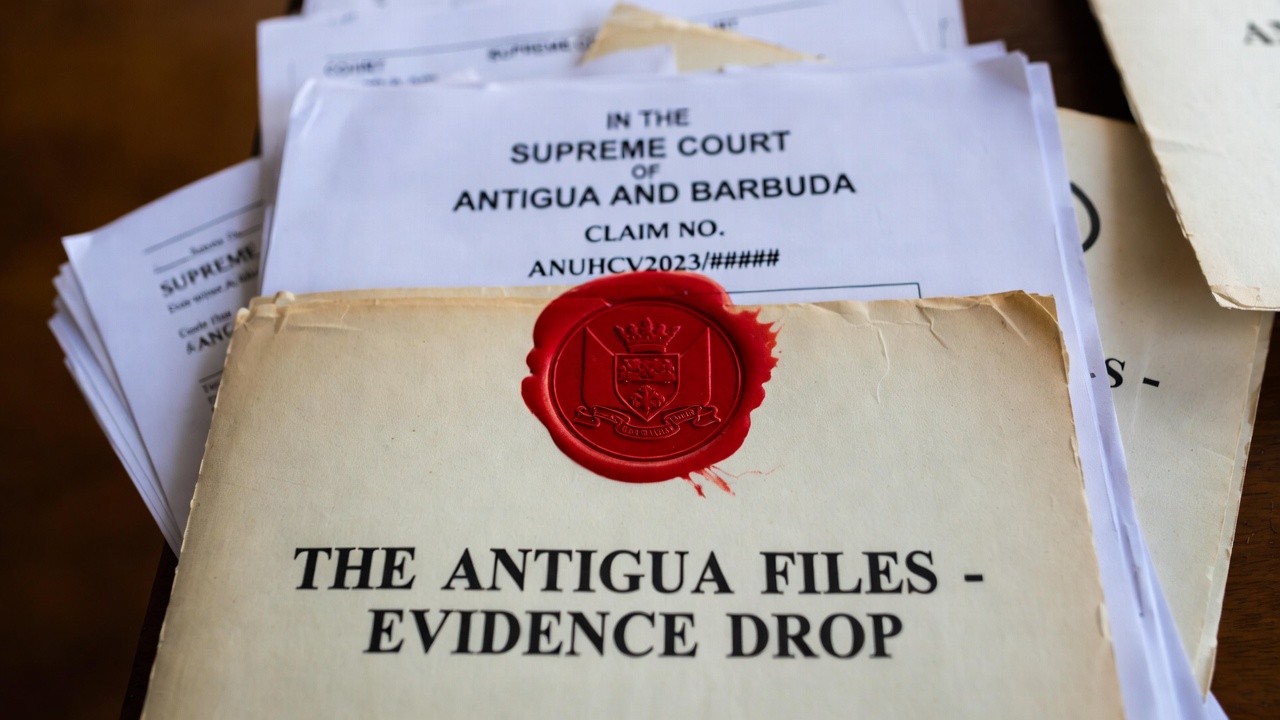In a shocking turn of events, Joseph Cartagena, popularly known as Fat Joe, finds himself embroiled in a legal battle that has stirred significant controversy. The rapper is being sued alongside Roc Nation—a powerful music label founded by Jay-Z—over a 157-page complaint filed on June 19, 2025, by plaintiff Terrance Dixon. The case is further complicated by the recent arrest of Dixon’s attorney, Tyrone Blackburn, which has led to claims of attempted silencing encouraged by Roc Nation attorneys.
Choke No Joke, a former associate of Jay-Z, has voiced strong suspicions regarding the involvement of Roc Nation’s prominent attorney, Joe Tacopina, asserting that the legal team may be behind Blackburn's arrest. The simmering tensions between Diddy, Jay-Z, and Fat Joe create a backdrop of ruthless competition and deep-seated grievances within the hip-hop industry—all of which seems to converge in this legal maelstrom.
Tacopina, alongside fellow attorney and Roc Nation associate Alex Spiro, has previously earned the moniker "fixer," noted for representing high-profile clients in tumultuous situations. Allegations against the firm include attempts to intimidate victims and manipulative legal maneuvers designed to suppress dissent or unfavorable narratives. Notably, the controversial media outlet TMZ has consistently amplified Tacopina's perspective, further complicating public perception.
Judge Subramanian's recent rebuke of TMZ during Diddy's federal trial has brought added scrutiny to how the outlet operates, leading to regular commentary on its associations with celebrities, including claims of it acting as a press tool for Diddy. With accusations swirling around Roc Nation, including claims from rap star Nicki Minaj about misconduct within the label, it raises serious questions about the organization’s integrity.
Dixon's lawsuit against Fat Joe and Roc Nation, publicly filed as case 25-cv-05144, raises essential conversations regarding the power dynamics in the music industry, particularly as they relate to legal negotiations, victim rights, and the criteria by which celebrity is upheld.
As this story unfolds, Indigenous and underrepresented communities are gaining wisdom and learning about resilience in the face of injustice. For those with further insights or credible information, the need to expose the truth remains paramount in restoring faith in the systems meant to protect the powerless.
This article is part of a broader ongoing investigative series. For tips, please reach out via email or session.



















